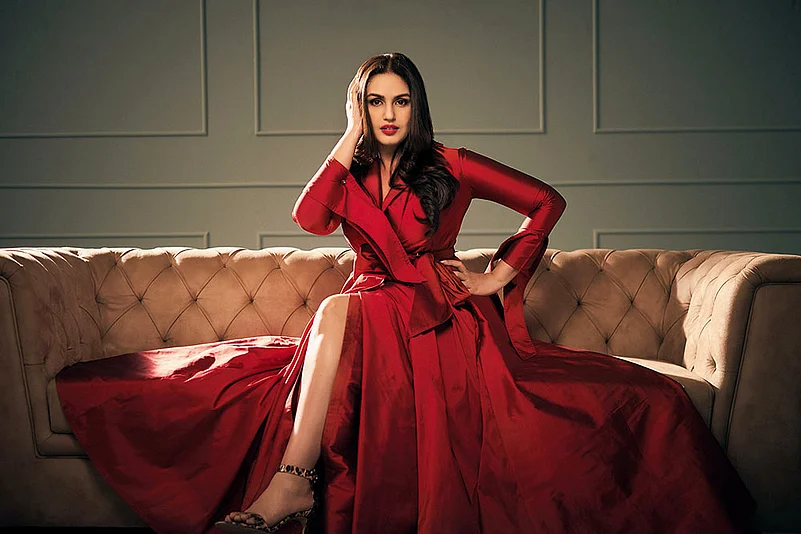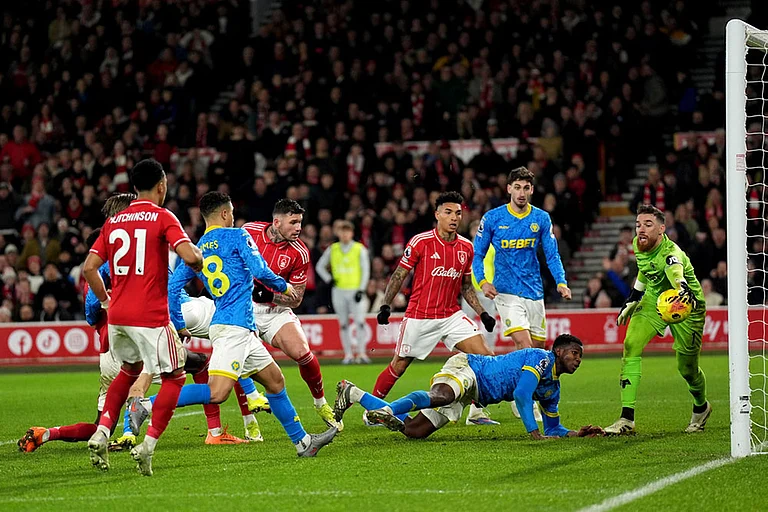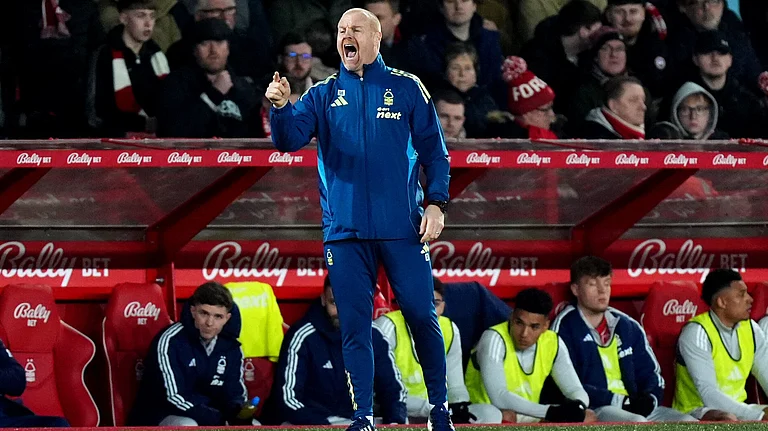Streaming platforms will push boundaries with new, captivating content, believes the beautiful Huma Qureshi, who debuted on Netflix with Leilaand has now signed up for Army of The Deadfrom the Hollywood stable. Excerpts from an interview with Lachmi Deb Roy:
What made you sign up Leila as your debut web series?
Web series is not the appropriate terminology. Either, one should be calling it the streaming platform or the new-age of television, which is digital television because when you refer to them as web series, it sounds like YouTube videos, which these are not. Any of these streaming shows that one would see on Netflix or any other platform have a much higher budget; they are promoted and positioned in a certain way. So, web series is a narrow definition. This is a new wave of television. We had cable television, now we have digital television, which is streaming live in most countries and its publishing content local and territory-agnostic. You can sit anywhere and watch a series made in India, France or Germany. Fascinating. And that’s essentially why I took up a show like Leila as my debut because it is such a specific story. I knew it would have a much larger and global impact.
What is the future of digital TV in India?
Digital platforms have started in India and I am glad to be part of its first wave. This new television will flourish and push boundaries, create better opportunities for actors and choices for audiences. We crib that television is quite restrictive, not cool or relevant anymore and that it has stuck in a time bubble. The new television is going to push those boundaries and put out high-quality, world-class content, not just for Indian but for a global audience.
How are the perks compared to movies and TV?
The number of eyeballs it gets you as an actor is immense. If you do a mid-size or a small-size film in India, it gets you 800 to 1,100 screens. What a streaming platform allows you is an international audience from over 190 countries and more. For the amount of time you invest as an actor, you want your work to be widely distributed and presented correctly. So, it’s a win-win situation for everyone.
Is web series the future of entertainment?
I definitely think the series platform is the future. Internationally, I can tell you that web series is not the terminology used for this content we’re talking about. It’s either streaming platforms or new-age television or digital television.
The reason behind this popularity.
The makers put money where their mouth is. If they’re creating a show which is dystopic or it’s in a certain space, they really go all out behind their shows, they promote it and they budget it accordingly. As a viewer, you get value for money. We are so starved for great content and series offer you that. The new streaming platforms are creating the new brand of television, which pushes boundaries in terms of what people are watching.
How the experience different from movies?
The experience of working in a series is much different from films. It’s a bigger time commitment; more difficult, like shooting three films at a go. Of course, it’s rewarding and also you have that time and space to invest in your character, go on a journey. That’s exciting for me as an actor.
Tell us about your character, Shalini, in Leila.
Shalini is like any other girl in India. There are a lot of things that resonated with me. When she goes through what she goes through in her life, it made me think what if what I loved and cherished was taken away from me in a single stroke? How would I react? Also, in a way, Shalini reflects the mindset of a lot of people. We like to be part of armchair conversations about what’s happening in the world, but we are guilty of so many things that in our day-to-day lives that we don’t even realise how we’re letting go of things we shouldn’t or how we are complicit in the state of affairs. I think Shalini faces those problems and her journey and her search for Leila makes us think about our choices and how we respond to situations in our lives.
After Leila, you are working with Netflix in Army of The Dead, your Hollywood debut. How did you land this project?
I was in Los Angeles and my agent informed me of a reading and urged me to go for it. I met the casting director on a Friday and came back on a Saturday and I thought I’ll get a call or maybe I’ll have to go back for a meeting with Zack or the casting director. They called me on Tuesday, sent me the script, asked me if I was interested and I screamed, YES!


























